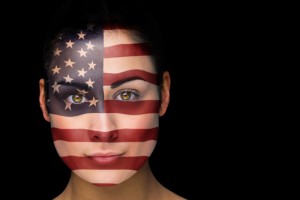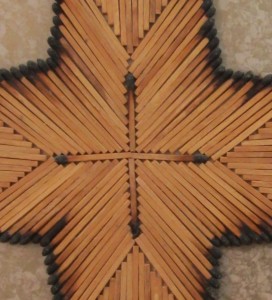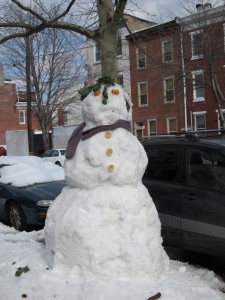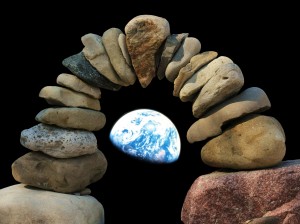Like most people, I have found the recent events in Ferguson, Missouri, deeply disturbing. One of the most troubling things I learned this morning didn’t have to do with the ongoing violence, looting and arrests. It was the results of a Pew survey that showed a wide disparity of opinion between whites and blacks about whether Mike Brown’s murder points to deep racial issues in our country.
I think part of the disparity of opinion is because many white people don’t understand the difference between racism and prejudice. Prejudice is holding negative stereotypes about others. Anybody can be prejudiced, and most of us are in some way or another.
Racism, though, is far more insidious because it couples prejudice with institutional power. It places people in the dominant group in the position of being able to carry out their prejudice through institutional systems.
I don’t know about you, but I can’t recall a time when an unarmed white youth was gunned down in similar fashion by a black member of a police force. The judicial system in this country is certainly racist as well. The evidence? Blacks are incarcerated at overwhelming rates and for far longer compared to whites for similar crimes.
Someone has said that racism is a disease white people catch, but black people die from. And black people are dying.
As a white person, therefore, it is incumbent on me not only to speak out about injustice, but just as important to heal myself of the disease of racism. It is a highly contagious disease that everyone in our society is exposed to from an early age. It landed on our shores with the arrival of slave ships unloading their emaciated cargo onto the auction blocks, and unlike so many diseases that our medical establishment has managed to banish, racism is one that continues to inflict us all, sometimes with deadly results. [Along those lines, let me recommend an excellent book: Post-Traumatic Slave Syndrome: America’s Legacy of Enduring Injury and Healing, by Joy DeGruy]
Every now and then in this blog I talk about this world we live in being a dream. That isn’t an abstract concept for me. It was something that I saw to be the case at the height of an intense awakening I experienced over a decade ago. We are literally living out a story based on our unconsciousness. At the root of this dream’s plot is a very simple, erroneous premise: that something called “separateness” exists.
Anyone who knows me well knows that dream work has been a central feature of my spiritual life. Some of the most important decisions of my life have been informed by dreams, and much of my own healing has come about because of the insights dreams have brought me.
While I was in seminary, when “big dreams” first started coming to me, I studied dream interpretation with Jeremy Taylor, author of several books on dream work, and one of Taylor’s central premises is that all dreams come in the interest of health and wholeness. All dreams.
So let’s imagine for a moment that what’s happening in Ferguson is a dream, that it’s our dream. Better yet, look at it as your dream, because if separateness doesn’t exist, then it is your dream as much as it is mine, as much as it is the people’s on the embattled streets of Ferguson.
What does it mean in your dream that a white police officer has just gunned down an unarmed black teenager? What part of you is that officer? What is at the root of his hatred? What does he really fear?
And what part of you is that black teenager, despised, vilified as dangerous, the target for your psyche’s rage and fear?
How might the battle happening on the streets of Ferguson point to the same divisions that play out in your own psyche, and what must you do to reconcile those factions so that true peace can come? In other words, how can you bring the truth of Love (which is, simply put, the Reality of Oneness) to bear in this hostile, volatile situation?
These are not idle questions. The peace of the world rests on each of us doing this difficult work, of seeing the “other” as an aspect of ourselves no matter how hard it may be to accept. I, too, must embrace the unpleasant truth that inside of me is an armed racist policeman who needs healing, and a despised black teenager who needs respect.
What’s happening in Ferguson is a nightmare. What’s happening in Gaza is a nightmare. What’s happening in Syria and the Ukraine are nightmares. They are all extreme cases of the fallacy of otherness playing itself out in deadly fashion.
And nightmares, like all dreams, come in the interest of health and wholeness. They come in extreme form because the information they bring is important, and because the time has come for us to accept it. They are invitations to us to wake, finally, from our illusions.






